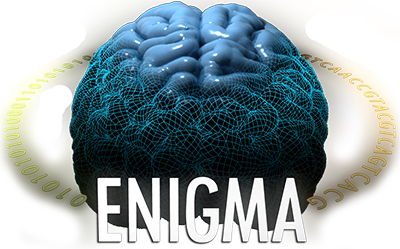ENIGMA-Clinical High Risk Working Group
The ENIGMA Clinical High Risk (CHR) working group investigates structural brain alterations in those at clinical high risk for psychosis.
We aim to bring together existing datasets that have recruited individuals according to Structured Interview for Prodromal Syndromes (SIPS/SOPS) and Comprehensive Assessment of At-Risk Mental States (CAARMS) criteria. We will carry out large-scale meta- and mega-analyses of neuroimaging data to uncover brain alterations in CHR.
Our call for participation is open and we look forward to welcoming new partners! If you have existing imaging data on participants that meet CHR criteria according to SIPS/SOPS/CAARMS, if you are planning to conduct such a study in the near-future, or if you would like more information, please contact Drs. Dennis Hernaus and Maria Jalbrzikowski.
We are always open to new datasets and collaborators! The only prerequisite is that each participating group must follow the ENIGMA Memorandum Of Understanding (MOU) guidelines.
To get started, you should usually run your dataset through the current ENIGMA Imaging Protocols (found here), and we can help you with that.
Initially, we will analyse T1-weighted MRI scans from all participating sites to uncover structural brain alterations in individuals with CHR. We will additionally investigate structural brain differences in CHR that will ultimately develop a psychotic disorder (converters) versus those that will not (non-converters). Future projects will be listed below as they arise.
Co-Chairs:
- Maria Jalbrzikowski, Boston Children's Hospital/Harvard Medical School, USA (Maria.Jalbrzikowski@childrens.harvard.edu)
- Dennis Hernaus, Department of Psychiatry and Neuropsychology, School for Mental Health and Neuroscience (MHENS), Maastricht University, The Netherlands (dennis.hernaus@maastrichtuniversity.nl)


